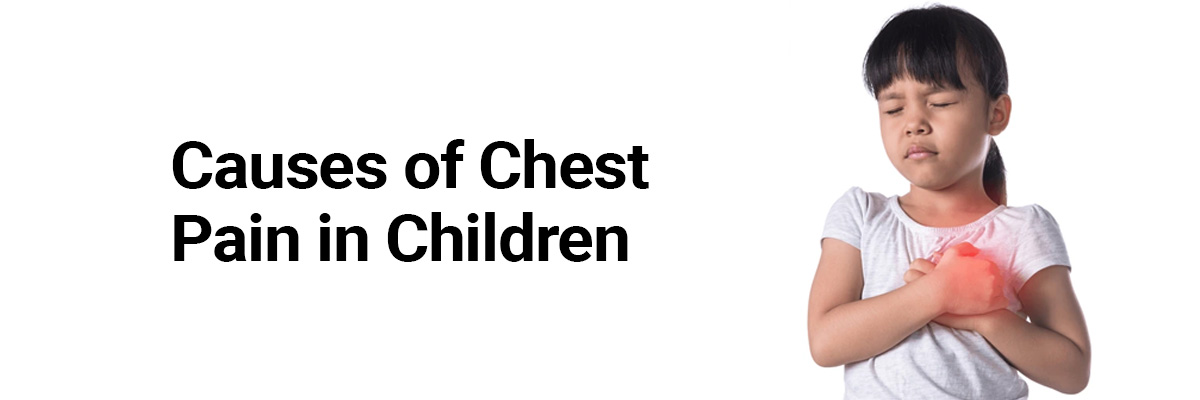
 IJCP Editorial Team
IJCP Editorial Team
causes-of-chest-pain-in-children
Chest pain in children is typically non-cardiac in origin, with less than 1% attributed to heart-related issues. Assessing children with chest pain involves a thorough history, clinical examinations to check the vital signs, and physical examination; tests like chest radiographs and electrocardiograms should be advised.
Common non-cardiac causes include
musculoskeletal, respiratory, gastrointestinal, psychogenic, and idiopathic factors.
Although many non-cardiac causes may not be dangerous, they require evaluation
and potential treatment. Characteristics that may suggest that chest pain in
children is heart-related:
- Chest pain improves with rest
- Breathing difficulty
- Tiredness
- Chest pressure
- Fainting
- Previous history of cardiac problems
at birth; family history of heart disease; heart murmur; or abnormal ECG
Children with such issues should be referred
to a pediatric cardiologist. Further evaluation of such patients entails echocardiograms
to assess heart structure and function.
While most evaluations do not reveal issues, a comprehensive assessment is essential to rule out potential heart conditions. Possible heart-related causes include – myocarditis, arrhythmia, coronary artery disease, and cardiomyopathy. Medical teams should collaborate with parents to understand and address the underlying cause of chest pain in children.
Source: O’Meara D.
Chest Pain in Children. JAMA Pediatrics. 2023 Oct 1;177(10):1112-.

IJCP Editorial Team
Comprising seasoned professionals and experts from the medical field, the IJCP editorial team is dedicated to delivering timely and accurate content and thriving to provide attention-grabbing information for the readers. What sets them apart are their diverse expertise, spanning academia, research, and clinical practice, and their dedication to upholding the highest standards of quality and integrity. With a wealth of experience and a commitment to excellence, the IJCP editorial team strives to provide valuable perspectives, the latest trends, and in-depth analyses across various medical domains, all in a way that keeps you interested and engaged.




















Please login to comment on this article